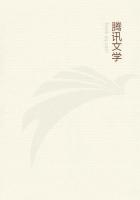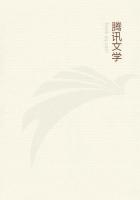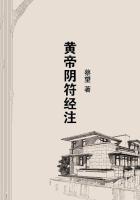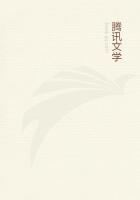The latest efforts of human invention are but a continuation of certain devices which were practised in the earliest ages of the world, and in the rudest state of mankind. What the savage projects, or observes, in the forest, are the steps which led nations, more advanced, from the architecture of the cottage to that of the palace, and conducted the human mind from the perceptions of sense, to the general conclusions of science.
Acknowledged defects are to man in every condition matter of dislike. Ignorance and imbecility are objects of contempt:
penetration and conduct give eminence, and procure esteem.
Whither should his feelings and apprehensions on these subjects lead him? To a progress, no doubt, in which the savage, as well as the philosopher, is engaged; in which they have made different advances, but in which their ends are the same. The admiration Cicero entertained for literature, eloquence, and civil accomplishments, was not more real than that of a Scythian for such a measure of similar endowments as his own apprehension could reach. 'Were I to boast,' says a Tartar prince,(4*) 'it would be of that wisdom I have received from God. For as, on the one hand, I yield to none in the conduct of war, in the disposition of armies, whether of horse or of foot, and in directing the movements of great or small bodies; so, on the other, I have my talent in writing, inferior perhaps only to those who inhabit the great cities of Persia or India. Of other nations, unknown to me, I do not speak.'
Man may mistake the objects of his pursuit; he may misapply his industry, and misplace his improvements. If under a sense of such possible errors, he would find a standard by which to judge of his own proceedings, and arrive at the best state of his nature, he cannot find it perhaps in the practice of any individual, or of any nation whatever; not even in the sense of the majority, or the prevailing opinion of his kind. He must look for it in the best conceptions of his understanding, in the best movements of his heart; he must thence discover what is the perfection and the happiness of which he is capable. He will find, on the scrutiny, that the proper state of his nature, taken in this sense, is not a condition from which mankind are for ever removed, but one to which they may now attain; not prior to the exercise of their faculties, but procured by their just application.
Of all the terms that we employ in treating of human affairs, those of natural and unnatural are the least determinate in their meaning. Opposed to affectation, frowardness, or any other defect of the temper of character, the natural is an epithet of praise;but employed to specify a conduct which proceeds from the nature of man, can serve to distinguish nothing: for all the actions of men are equally the result of their nature. At most, this language can only refer to the general and prevailing sense or practice of mankind; and the purpose of every important inquiry on this subject may be served by the use of a language equally familiar and more precise. What is just, or unjust? What is happy, or wretched, in the manners of men? What, in their various situations, is favourable or adverse to their amiable qualities?
are questions to which we may expect a satisfactory answer: and whatever may have been the original state of our species, it is of more importance to know the condition to which we ourselves should aspire, than that which our ancestors may be supposed to have left.
Section II.
Of the Principles of Self-preservation If in human nature there are qualities by which it is distinguished from every other part of the animal creation, men are themselves in different climates and in different ages greatly diversified. So far as we are able to account for this diversity on principles tither moral or physical, we perform a task of great curiosity or signal utility. It appears necessary, however, that we attend to the universal qualities of our nature, before we regard its varieties, or attempt to explain differences consisting in the unequal possession or application of dispositions and powers that are in some measure common to all mankind.

